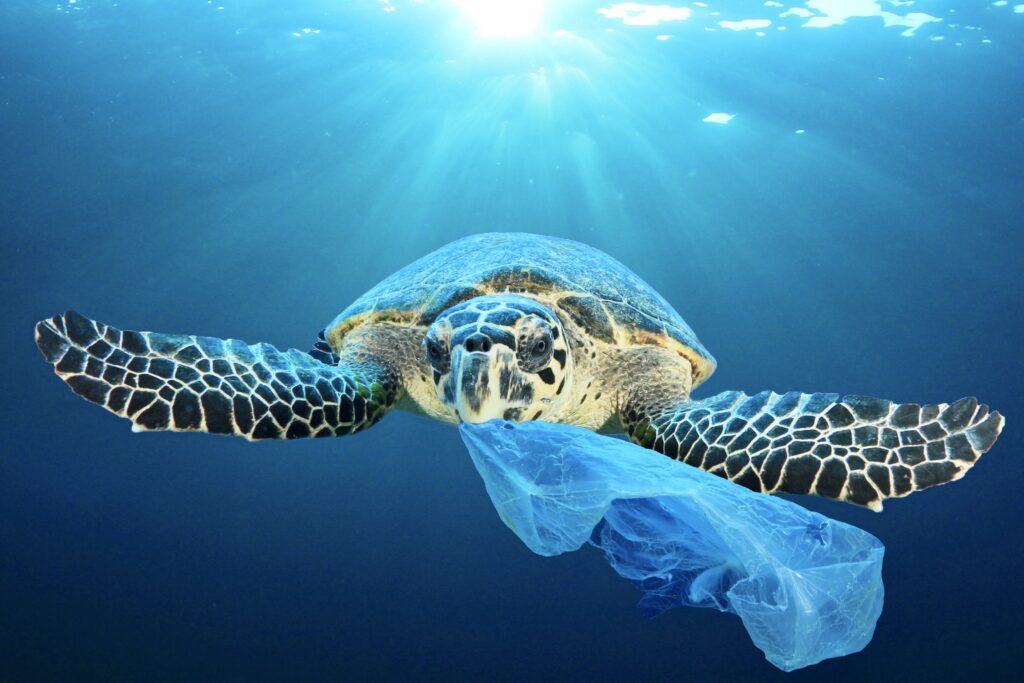Coca-Cola, Nestlé, and PepsiCo, perennially at the forefront of the global brand audits, have once again secured their positions as the top three corporate contributors to plastic pollution, according to the latest report titled “BRANDED Volume II: Identifying the World’s Top Corporate Plastic Polluters.” The report is a culmination of extensive brand audits organized by the Break Free From Plastic movement, encompassing 484 cleanups conducted in over 50 countries across six continents in September.
The comprehensive global audit aimed to identify and quantify the extent of plastic pollution caused by major corporations. The top 10 polluters, in addition to the aforementioned triumvirate, include Mondelēz International, Unilever, Mars, Procter & Gamble, Colgate-Palmolive, Philip Morris, and Perfetti Van Melle. This alarming revelation underscores the urgent need for corporations to address the escalating plastic pollution crisis and reevaluate their reliance on single-use plastic packaging.
The report contends that recycling alone is insufficient to remedy the pervasive issue of plastic pollution. Instead, it calls for a paradigm shift towards innovative solutions that focus on alternative delivery systems, ones that do not exacerbate environmental pollution. The Break Free From Plastic movement, consisting of nearly 1,800 member organizations, emphasizes the critical role of corporations in curbing the production of single-use plastics and championing innovative solutions.
While Coca-Cola, Nestlé, and PepsiCo have made commitments to address the plastics crisis, the report deems these responses as largely comprising false solutions. Strategies such as replacing plastic with paper or bioplastics and relying heavily on a flawed global recycling system are seen as inadequate and perpetuating the outdated throwaway business model that contributed to the plastic pollution crisis in the first place.
Abigail Aguilar, Plastic Campaign Coordinator for Greenpeace Southeast Asia, critiques recent commitments by major corporations, stating that relying on such strategies will do little to prevent these brands from being repeatedly named as top polluters in the future. The report emphasizes the importance of holding corporations accountable and calls for a decisive end to the era of single-use plastics.
Denise Patel, U.S. Coordinator for the Global Alliance for Incinerator Alternatives (GAIA), adds a critical perspective on the consequences of the current approach to recycling. The export of “recycling” materials, including plastics, to other countries, particularly China, has faced significant challenges, with many nations now restricting such imports. This has led to the incineration of plastic waste in various regions, posing environmental and health risks to communities.
In conclusion, the report serves as a clarion call for a more sustainable approach to packaging and waste management. It urges corporations to adopt responsible practices that prioritize environmental health over convenience and reiterates the pressing need for a collective commitment to curb the global plastic pollution crisis.
